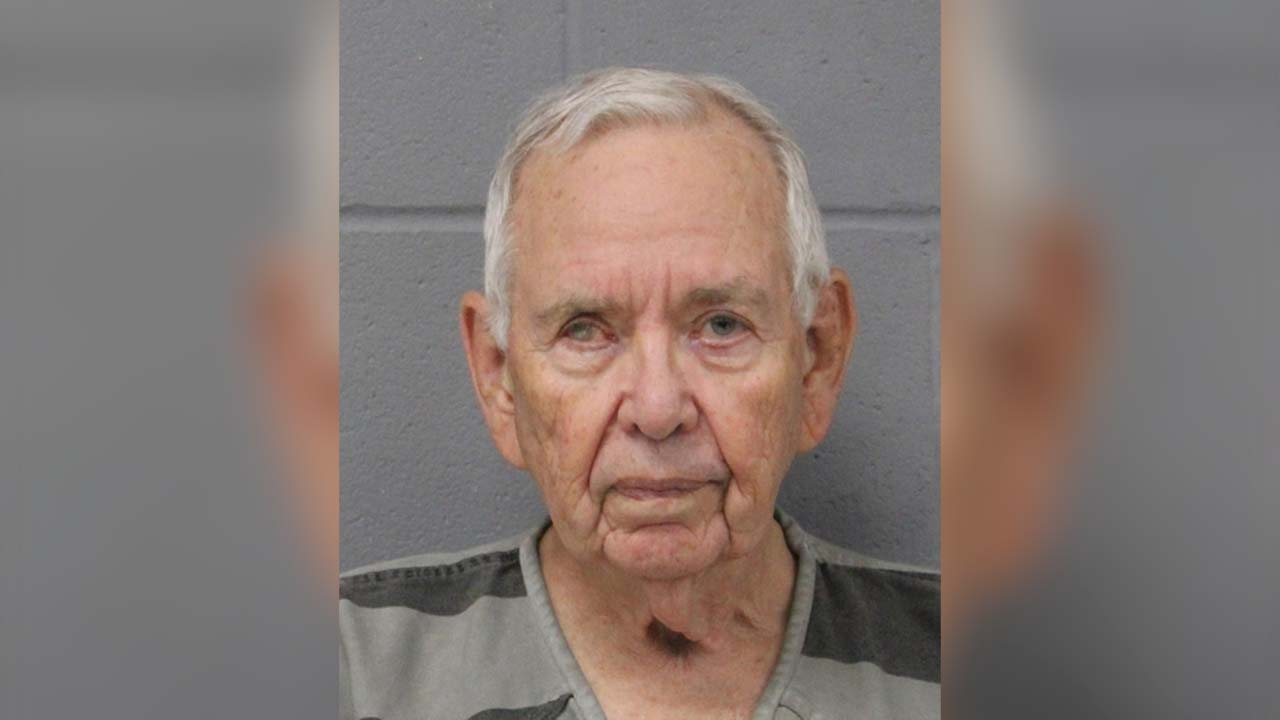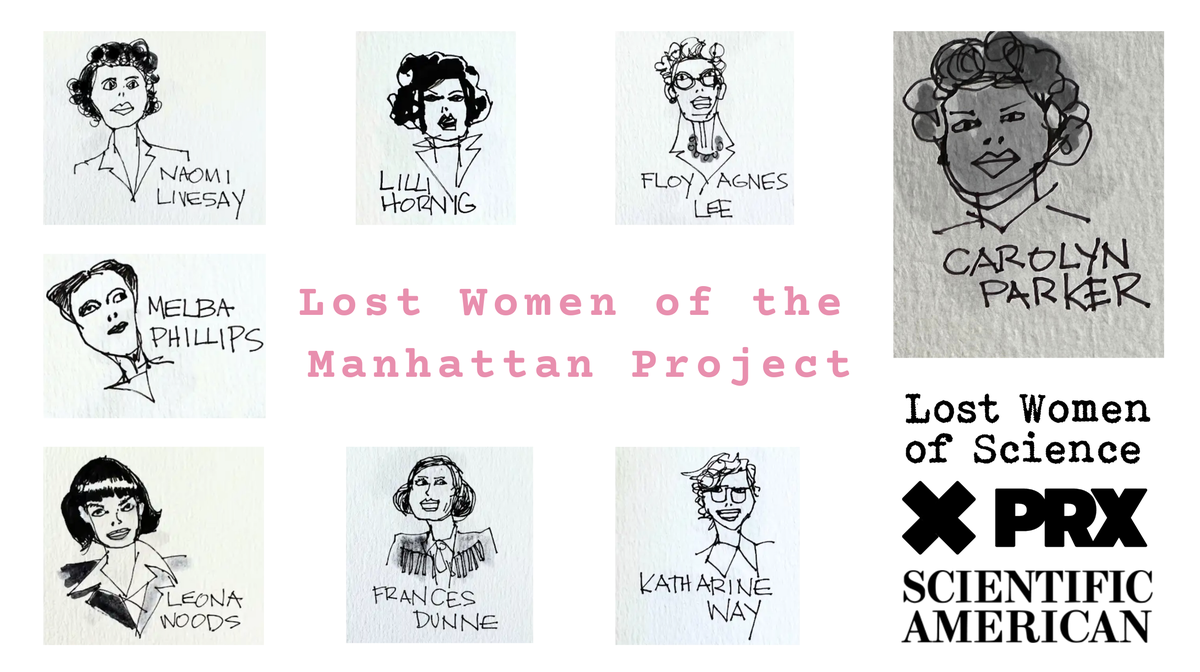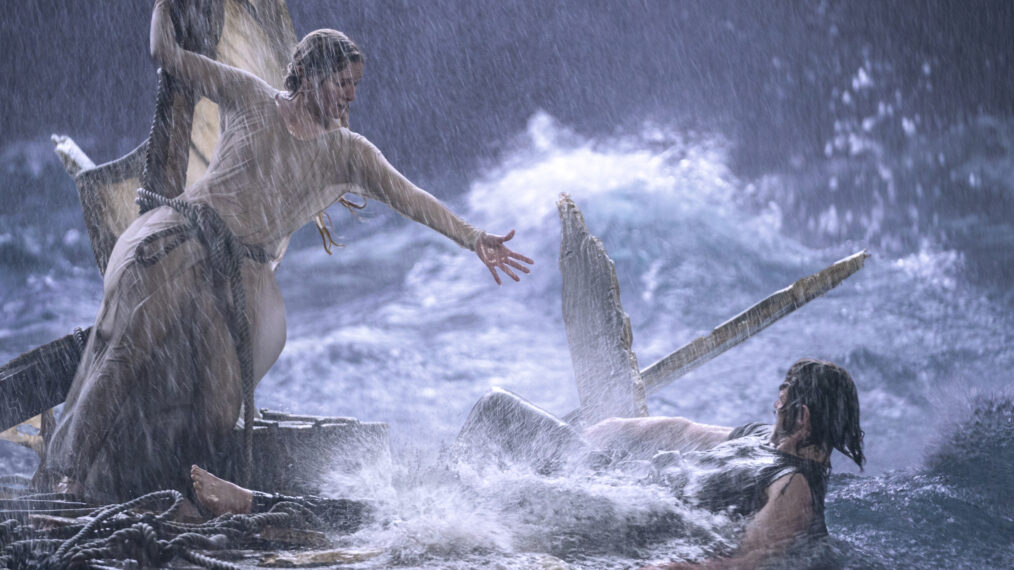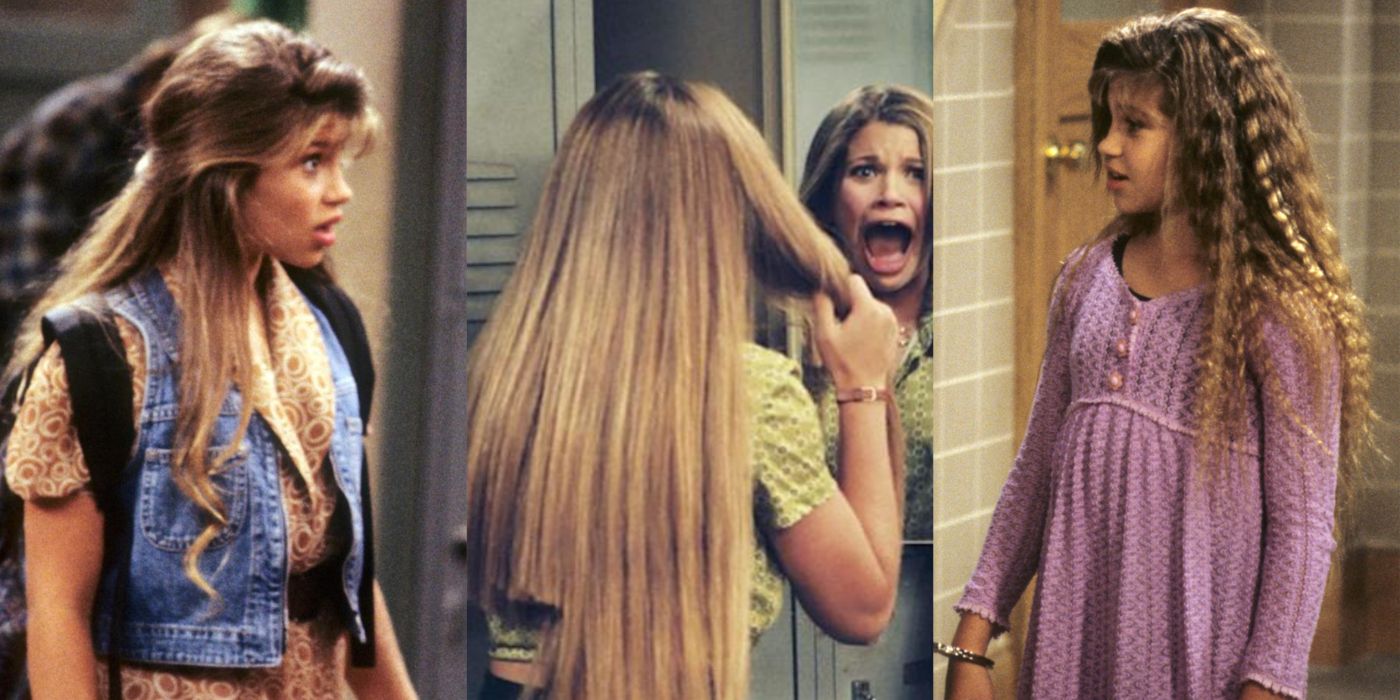Seán Hewitt begins All Down Darkness Wide in a graveyard with a brief encounter with a stranger. There, surrounded by ghosts and prayers, Hewitt and the man attempt to conjure memories of their past loves and attach them to what they feel at that moment. It’s an unforgettable opening image for what is ultimately a complex meditation on love, highlighting what truly haunts this story—one’s history, and the loneliness and fear threaded throughout a life.
Hewitt, an award-winning poet, book critic for The Irish Times, and professor of modern British and Irish literature, tells his memoir as a love story with a man named Elias, and Hewitt’s experience caring for him through his struggles with severe depression and suicidal ideation. Drawing upon history, an astute eye for the community he was raised in, and the stories of queer figures that came before him, he carefully explores the ways our world tries to make queer life and happiness incompatible. He blends the rhythm and lyricism of poetics with deeply-felt prose to create a fully realized account of how to love someone so fiercely that their life and pain becomes yours. The resulting read is both heartbreaking and wildly beautiful.
Over email correspondence, Hewitt and I discussed how he looked back critically on his past self, the pressures of being a caretaker, and his path toward wholeness in loving himself and others.
Michael Welch: Depression can be so difficult to portray on the page, and your memoir does an incredible job at showing it in its full complexity. How did you begin to approach writing about this subject?
Seán Hewitt: It was important to me to preserve two things in this book: the present moment, and the unknowability of the minds of others. I didn’t want this to be a story told with hindsight. Instead, I wanted to plunge the reader into a world that slowly became more disorientating and uncertain, without overlaying it with knowledge gained after the fact. That means that, in All Down Darkness Wide, the reader comes on a journey with me, experiences it as I experienced it, and begins to feel the fabric of the world fall apart. Because I found it hard to recognize the causes of my own distress, and the distress of others, I left unknowable things throughout the story, because those things were unknown to me at the time. That said, I began to see writing as a sort of excavation, drawing connections, moving through time and experience as a way of showing the hundreds of tiny things that might predispose us to instability. The ghosts in the book also helped: I could draw on examples of depression from my own life and the lives of people I have never met, conjuring them up in spectral form, and turning to them as mirrors, guides, and warnings.
MW: One of the most emotionally gripping aspects of the book was how you cared for Elias and the resulting guilt and fear that emerged during the process. One passage I find myself returning to is when you write, “There is no morality to depression, no way to apportion blame for what either of us did, but every day I felt that weight crushing down on me, tightening my lungs, making my breaths quick and shallow.” Can you talk a bit about your experience as a caretaker, about taking on the weight of someone else’s life in addition to your own?
I realize now that certain sorts of empathy can lead to transference, and also that it’s very hard to take care of someone when you yourself are not being cared for.
SH: The difficulty of this experience was compounded for me by a number of factors: being quite young at the time (around 22 years old), being in a country where I had no support network, and being in love. All of those things meant that I struggled to see myself outside of my relationship to the person I was taking care of, and I quickly became subsumed by the task, giving myself over to it, and taking it into myself. If I was to be tasked with it again, I would approach it differently, mainly because I realize now that certain sorts of empathy can lead to transference, and also that it’s very hard to take care of someone when you yourself are not being cared for. Because of the way depression works, it felt impossible to “solve.” Trying to “solve” it was the most exhausting part, for me. I learnt my lessons the hard way, and if I had to do it again, I hope I’d do a better job.
MW: Your memoir at times seems haunted by the touch of Catholicism, not only in a physical sense with the long-standing graveyards and abbeys you lived around, but also with the spirit of its teachings. What effect did religion and being surrounded by its influences have on you as you were growing up?
SH: All Down Darkness Wide begins in a cemetery, with cruising in a graveyard, in fact. It also follows a pilgrimage to Lourdes, and tells the story of an encounter I had with a trainee priest. Gerard Manley Hopkins, one of the principal “ghosts” haunting the book, was a priest-poet, and a closeted gay man. These touchstones became a way for me to work out my relationship to Catholicism. I was brought up only loosely Catholic, but I leant into religion as a child because I thought it could protect me, and that it might confer a sort of moral “goodness” on me. My mind is still rinsed with Catholic imagery and tendencies: a love of ritual, of incense, of cool church buildings, and gory iconography. But I realized later that none of my loves were inseparable from the Church itself: I could free them, and myself, from its grasp.
MW: Throughout the book you discuss your experience of reading poets such as Gerard Manley Hopkins and Karin Boye during this pivotal time in your life. In what ways did their work speak to you at that time?
When writing All Down Darkness Wide, I wanted to make the vessel beautiful enough to withstand the darkness inside it.
SH: These two poets—a Victorian English priest, and a queer modernist Swede—gave me and those around me a language for thinking about mental health, and about spirituality, that had eluded me until that point. They gave specificity to emotions, and the sense that someone else had been there before me, had felt similar things. When language evaded me, I turned to them as intercessors. They also acted as warnings not to repeat the cycles of history, and in doing so, they showed a pathway to breaking through the cycles. Karin Boye, perhaps the most severe ghost I have to confront in the book, made me think about two sorts of freedom: the freedom of invisibility and the freedom of distinction. For many years, I had chosen the former, making up fictions, making up lies in order to conform, to be invisible. The freedom of distinction is a difficult path to take, but I’ve found it’s the truest and most sustainable one.
MW: You also explain how these poets as people were important to you. You write about how Hopkins went to great lengths to hide his sexuality and how Boye died by suicide after realizing she was in love with her dying friend Anita. How did you see the inner lives of these literary icons interacting with your own story as you were putting it on the page?
SH: These poets came into my life at different times: Hopkins, when I was much younger, and Boye when I lived in Sweden. I had never known that Hopkins was gay until I read his diaries, and I saw in those pages the lengths he went to to hide himself, to atone for his “sin.” I recognized something of myself in those diaries, though Hopkins was more extreme in his shame. After a time, I realized that we had taken similar geographic routes through life, too: he had lived in Liverpool, and then moved to Dublin, and I had done the same. So I encountered his presence as a sort of spectral glance, meeting him in various places, as though for a moment, time might collapse and bring us together. I had escaped from living the sort of life he had, but there was a guilt to it too, and part of me has always wanted to reach out across the years and save him.
Boye, as I say, is the most severe “ghost” in the book. Her story ends in a triple suicide. Her poems are brilliant, sometimes painful and hallucinatory, other times crystal clear in their vision of nature, and she too came as both a comfort and a warning. Both of their lives, and their writings, are like mirrors of my own mind at certain times, but they also act as guardians, showing me ways forward. I think of them as a sort of “chosen family” of ghosts—people from the past who are speaking to me, urging me forward, showing the path.
MW: As I was reading, I began thinking about the depictions we often see in media about the tragic gay love story, a trope that predisposes unhappy and traumatic endings upon its gay characters. But even in its darkest moments, I found that you were writing toward hints of beauty. How important was it to you to weave in these elements of intimacy and love?
SH: Part of me, in the early stages of writing this book, was concerned with writing another “sad” gay story. But the thing is, I couldn’t change life to suit the memoir. Still, I am always fundamentally concerned with beauty, with finding hope, knowing that these are things that are lost when our world is upended. If I don’t show you the romance, the light, the way things could be, then perhaps you don’t know how it feels to lose them. Likewise, if I don’t show you a path back into the light, you get lost in despair. I think it was Wordsworth (though I might be misremembering) who said that one of the things that the music of poetry makes possible is that it allows us to suffer things that we could not suffer in bare, stripped language. That idea was in my mind, too, when writing All Down Darkness Wide: I wanted to make the vessel beautiful enough to withstand the darkness inside it.
MW: Toward the end of the book, you write about how you took on the homophobia you faced and made it your own. You also wonder, “How many times had I squirmed at [Elias’s] exuberance, afraid of him bringing us to the attention of straight people?…What had I passed on to him, what hurt had I caused? What if everything, all of it, was me?”
I found that passage so heartbreaking. Can you talk more about what it was like revisiting who you were at that time for the book, and whether it changed your view on that version of yourself?
SH: There were weeks, months even, in that time when I thought that I was the cause of all the distress myself and my partner was suffering. Partly, it was because I did not know the actual cause; but also, it was because I couldn’t see why my love wasn’t strong enough on its own to lift someone out of depression. Looking back, I understand that earlier version of myself more fully, and can extend empathy to him. Understanding him has also helped me to understand this new version of me, too. Revisiting that earlier version of myself was difficult, emotionally. All the experiences that had sedimented in my mind had to be disturbed, and for a long while I just had to sit in those murky waters and experience them again. However, after a while, I began to see patterns, to put those experiences into form, and to make something of them. That process has cleared my mind somewhat, and I hope that the book might offer a way for other people to do that too.
MW: How do you begin to form conceptions of genuine, full-hearted love when queer life and happiness is often put at odds?
SH: It’s a tough question, and I’m not a guru on love by any means, but I think that the process of understanding ourselves, and empathizing with ourselves, is fundamental to loving other people. In the book, I talk about the armor that queer people have to build as young people in order to protect themselves, to help them “pass.” I also think we split ourselves in two: there’s the public version of ourselves (which is often straight-passing), and the truer version of ourselves. In an ideal world, dismantling some of that armor, and bringing the truer version of ourselves to the surface, is the first step towards wholeness, and happiness. Perhaps that’s the best place to begin loving from.
The post Not Another Tragic Gay Love Story appeared first on Electric Literature.





















































